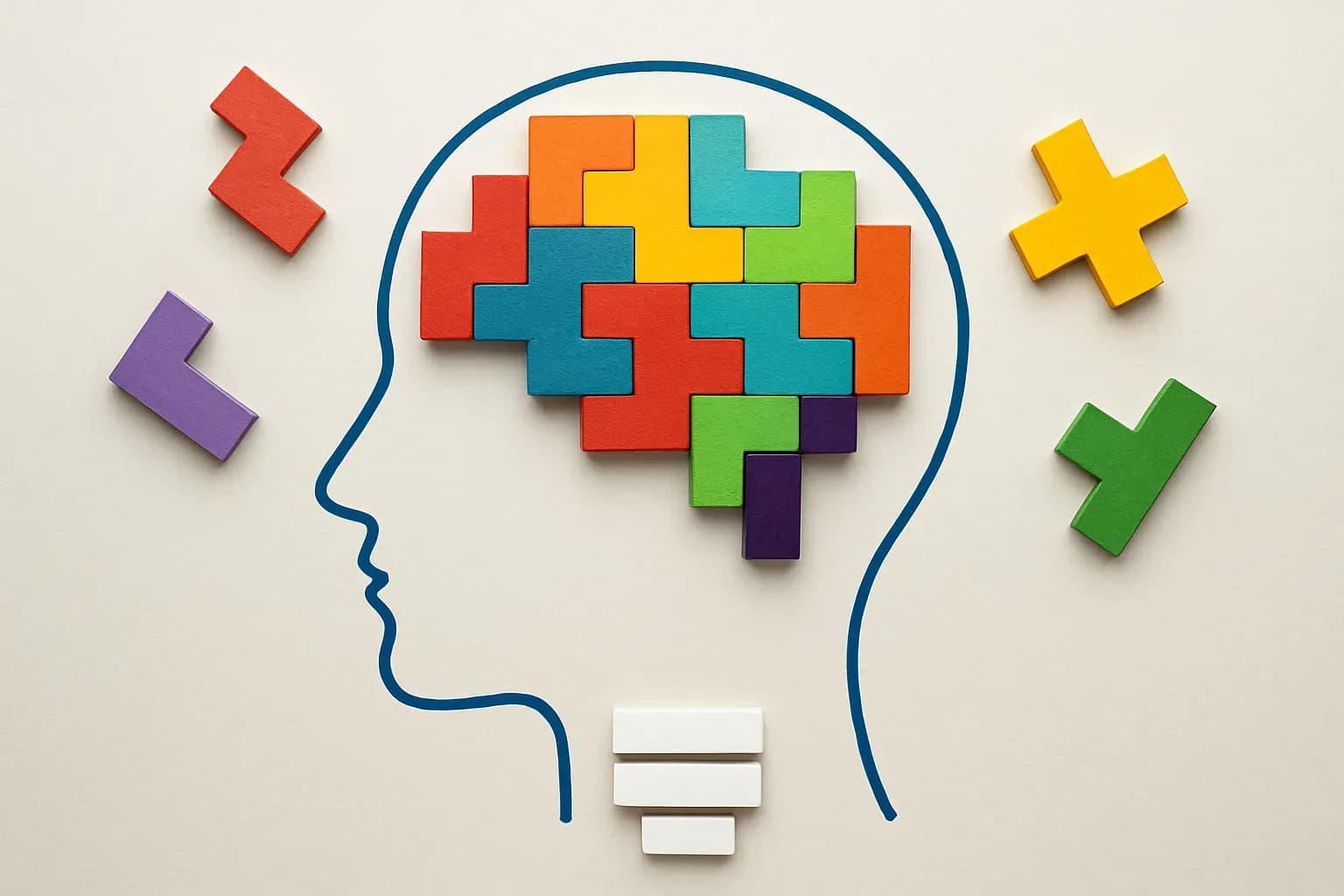How to Train Your Brain for Pattern Recognition (The Skill Puzzle Pros Use)

Have you ever watched someone solve a Sudoku in minutes, or seen a chess player predict moves way ahead of time, and thought “How do they see that so quickly?”
The secret is not luck, and it’s not some rare genius. It’s pattern recognition, the ability to notice hidden connections, familiar shapes, or repeated ideas faster than the average person. And here’s the exciting part: it’s a skill you can train, just like lifting weights at the gym.
Why Pattern Recognition Matters
Our brains are wired to look for order in the chaos around us. That’s why you see faces in clouds, or why you know your favorite song just from hearing the first two notes.
But pattern recognition goes way beyond games or music.
- It’s how a doctor can spot an illness from a few symptoms.
- It’s how you can guess your friend’s mood from just a look.
- It’s how entrepreneurs notice trends before they go mainstream.
A study published in the Journal of Cognitive Neuroscience showed that people who actively train their brains to spot patterns not only do better in puzzles, but they also become faster learners in everyday life. That means stronger memory, sharper problem-solving, and even better decision-making.
How Puzzle Pros Train Their Brains
So, how do the champions do it? The truth is they practice a lot. But their methods aren’t complicated. You can start using them today:
1. Play With Puzzles
Crosswords, Sudoku, chess, word searches, anything that forces your brain to find connections. The more you expose your mind to these, the faster it gets at recognizing what “fits” and what doesn’t.
2. Spot Patterns in Daily Life
Try paying closer attention to the world around you. Notice how traffic lights switch, how birds move in groups, or even how conversations flow. Everyday life is full of patterns, and practicing awareness makes your brain quicker.
3. Break Problems Into Pieces
Puzzle pros don’t panic at the big picture. Instead, they look for smaller, repeating parts. Next time you face a tricky problem whether it’s a puzzle or a work task, zoom in on one piece at a time.
4. Practice “What Comes Next”
Train your brain to predict. Watch a TV series and try guessing the next scene. Listen to music and hum the next note. This playful habit builds your brain’s ability to anticipate.
Beyond the Puzzle Board
Here’s the beauty of it: training for pattern recognition doesn’t just make you good at puzzles. It spills over into life.
- You’ll start noticing when something feels “off” before a problem happens.
- You’ll pick up on unspoken cues in conversations.
- You’ll get better at spotting opportunities others miss.
In short, you’ll think faster, understand deeper, and feel more confident in your choices.
A Modern Way to Train
Now, you don’t always need a chessboard or a Sunday crossword to practice. Apps like Matiks make this easier by giving you fun, bite-sized exercises that challenge your brain in the right way. Instead of random games, you get puzzles designed to strengthen your memory, focus, and recognition just like a personal trainer, but for your mind.
Final Word
Pattern recognition is the quiet superpower behind puzzle champions, chess masters, and quick thinkers in everyday life. The more you train it, the more your brain learns to “connect the dots” faster than others.
And the best part? Anyone can do it. You don’t need to be a genius, you just need practice.
Download Matiks today and start giving your brain the same training puzzle pros use.